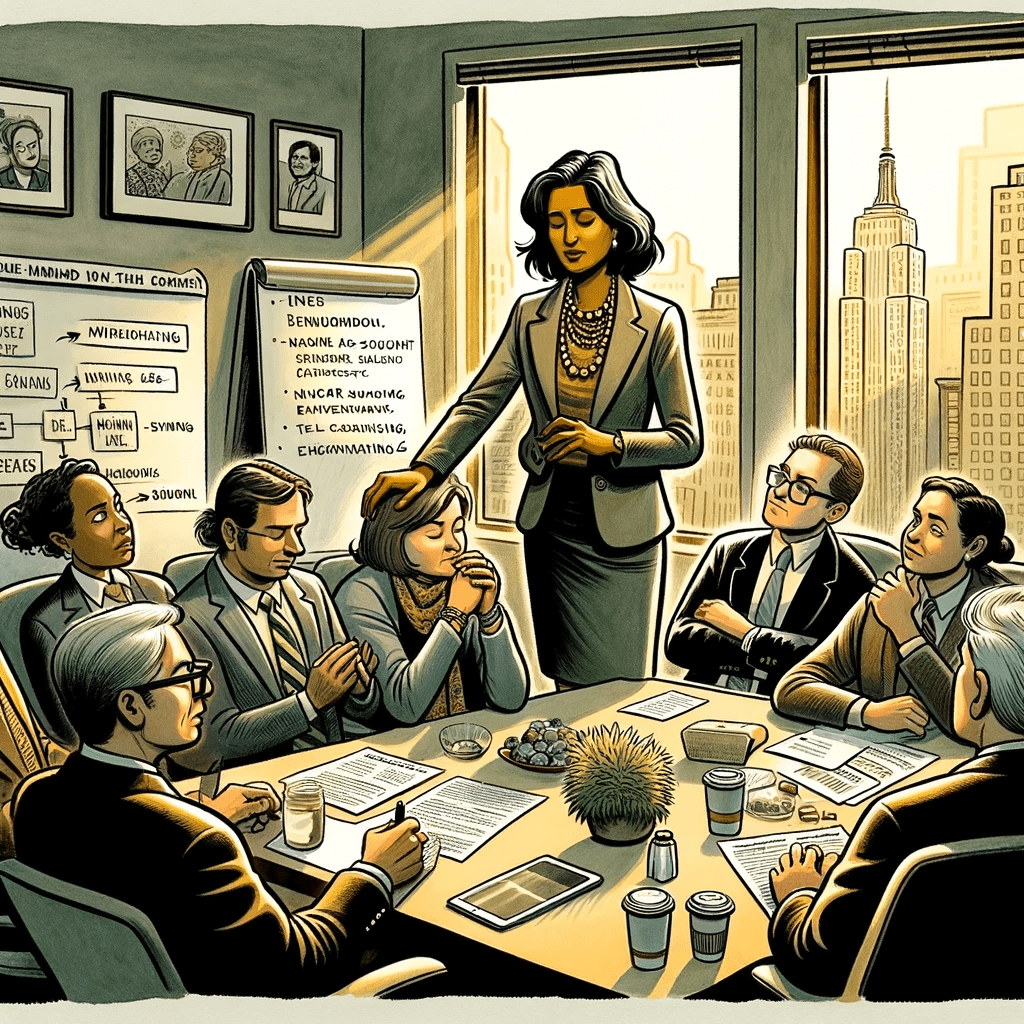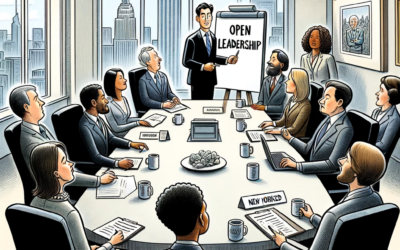
Embarking on the journey of parenthood, I’ve discovered striking similarities between raising my 7-month-old daughter and the principles of empowering leadership. These experiences echo the foundations of Self-Determination Theory (SDT), highlighting the universal needs for Autonomy, Belonging, and Competence. This article delves into these elements, demonstrating their relevance in both family and professional settings, and the role of executive coaching in enhancing empowering leadership skills.
Autonomy: A Pillar of Empowering Leadership
Witnessing my daughter’s burgeoning personality underscores the importance of autonomy, a key aspect of this type of leadership. In professional contexts, autonomy is about enabling team members to make their own decisions, fostering a sense of ownership and responsibility. This approach not only motivates but also cultivates a culture of innovation and self-driven learning.
Belonging: Creating a Connected Team
Belonging, or relatedness, is another critical component of both SDT and empowering leadership. My daughter’s sense of belonging in our family reflects the need for individuals in a workplace to feel connected and valued. This type of leadership involves creating an environment where every team member feels integral to the collective mission, enhancing collaboration and commitment.
Competence: Empowering Leadership Drives for Continuous Improvement
Observing my daughter’s eagerness to learn new skills is a lesson in the importance of competence, a central theme in empowering leadership. Leaders must provide opportunities for team members to develop and hone their skills. This environment encourages learning from experiences, including failures, fostering a mindset geared towards continuous improvement.
The Role of Executive Coaching in Empowering Leadership
Executive coaching, as provided by organizations like CO2 Coaching, plays a pivotal role in instilling the principles of empowering leadership. Through coaching, leaders can better understand and implement strategies that address the core psychological needs of their teams, creating a more dynamic, motivated, and productive workforce.
Conclusion
Empowering leadership, much like parenting, is about guiding and facilitating growth. By integrating SDT principles and leveraging executive coaching, leaders can create an environment where individuals are not only motivated and engaged but are also poised to reach their full potential. This approach to leadership has far-reaching effects, significantly enhancing team dynamics and contributing to the overall success of an organization.


